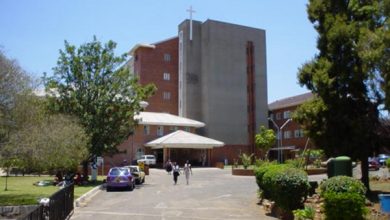Water woes: Women and girls face danger as they collect water at night

Water shortages in Bulawayo are exposing women and girls to sexual attacks as they are forced to queue at water points until evening, Matabeleland Institute for Human Rights (MIHR) has said.
MIHR director, Khumbulani Maphosa said accessing potable water from borehole points or other water sources is not easy as it is fraught with danger for some women and girls in various Bulawayo suburbs.
These observations come after MIHR observed unaccompanied women and girls collecting water during nighttime at a borehole point in Lobengula a week ago.
“The situation is becoming dire as water shortages continue in the city. We have observed in some communities especially in peri-urban Bulawayo that when water is restored and due to low pressure, residents take time to collect water until it becomes night hours,” he told CITE.
“We have received feedback from our communities that in some suburbs within the city, water comes at night which is when people can collect water. This situation poses a great risk especially to women and children.”
Maphosa said it was now critical for residents and community leaders to make sure that the safety of women, children and elderly is guaranteed at night.
“We are urging people not to send children and women alone to water sources for their safety,” he said.
“Residents need to desist from sending their children alone to fetch water. Women must also fetch water in groups, or at least be accompanied by adult males because our safety is our responsibility.”
The human rights activist noted it would be irresponsible for residents and civic organisations to blame the city council or expect that it would provide security for their own safety.
“It is our responsibility as residents to come up with our own neighbourhood means to make sure that we protect ourselves,” Maphosa said and suggested that communities must revamp neighbourhood watch groups especially when water is collected at night.
“We urge neighbourhood watch committees to be more vigilant, make sure they educate residents on safety and also provide means of making sure they are safe.”
Maphosa suggested that one measure of keeping safe was for residents to carry whistles when they go out looking for water at odd hours.
“We urge Bulawayo residents to introduce the whistle-blowing system so that when we go to fetch water at night, people must carry then blow their whistles in case of attacks so that others hear them and respond. But don’t go alone,” he emphasised.






